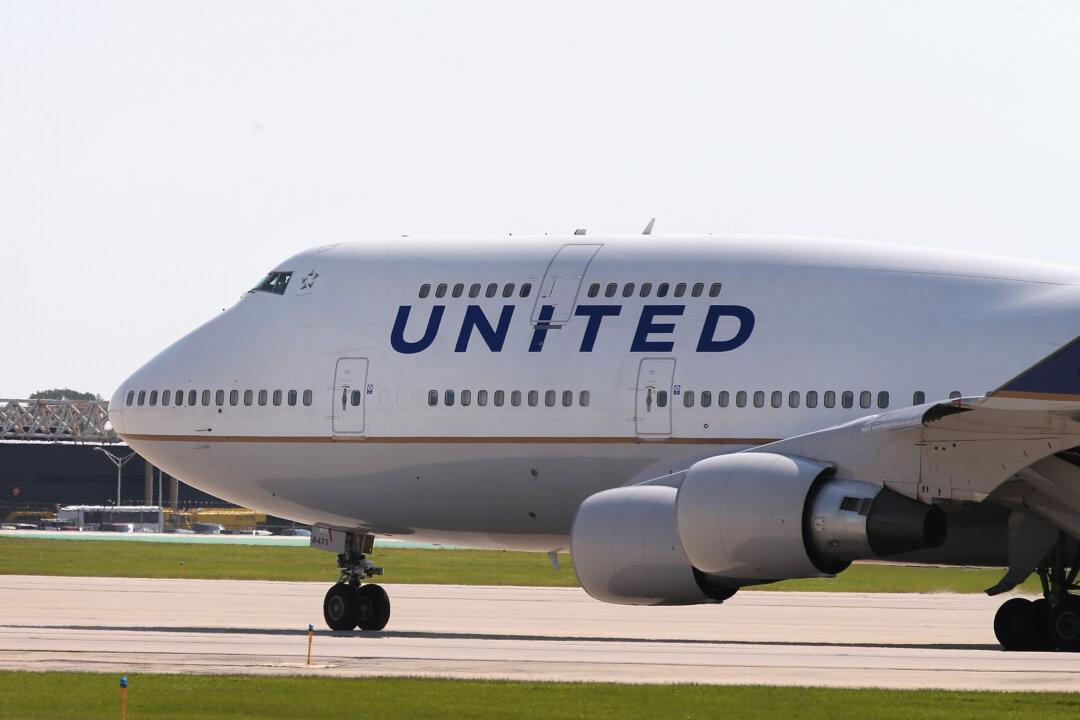Two United Airlines pilots about to fly to New York were arrested at Glasgow airport for failing a breath test on July 3. They were immediately removed from service.
“The safety of our customers and crew is always our top priority. We hold all of our employees to the highest standards and have a strict, no-tolerance policy for alcohol,” a United Airlines spokesperson confirmed in an email to The Epoch Times.





